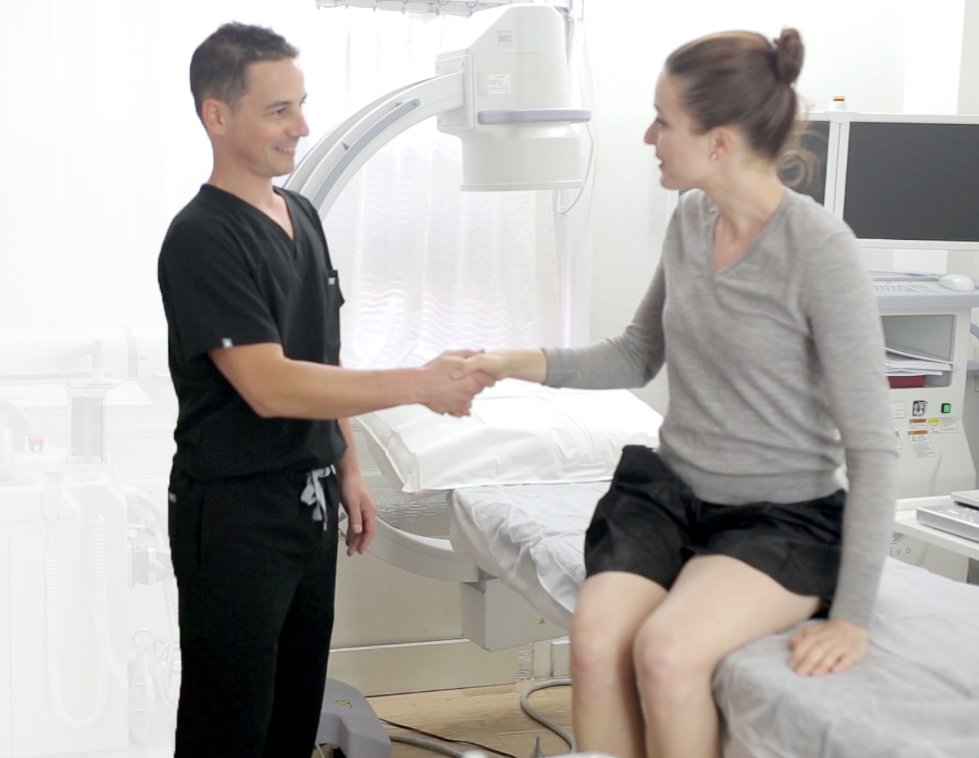What Kind of Doctor Treats Varicose Veins?
Are you wondering, "What kind of doctor treats varicose veins?" The answer lies in the specialized care provided by vein centers. Varicose veins can be a source of discomfort and concern for many individuals, and seeking the right medical professional is crucial for effective treatment. In this article, we'll delve into the advantages of choosing a vein center and understand the role of doctors in addressing varicose veins.
Advantages of Vein Centers:
Unparalleled Expertise:
What is a vein center house doctors who specialize in vascular medicine, ensuring that patients receive expert care for varicose veins. These physicians undergo extensive training to diagnose and treat a variety of vein-related conditions, offering a depth of knowledge that goes beyond a general practitioner's scope.
State-of-the-Art Technology:
One of the key benefits of vein centers is access to cutting-edge technology for diagnosing and treating varicose veins. From advanced ultrasound imaging to minimally invasive procedures, these facilities are equipped with the latest tools to provide patients with the most effective and least invasive treatment options.
Comprehensive Evaluation:
At a vein center, patients can expect a thorough evaluation of their condition. Unlike a brief examination that might occur in a general medical setting, vein specialists conduct comprehensive assessments to understand the root cause of varicose veins. This detailed approach allows for tailored treatment plans that address individual needs.

Specialized Doctors in Vein Centers:
Vascular Surgeons:
Vein centers often have vascular surgeons on staff, specializing in surgeries related to veins and arteries. These highly skilled professionals can perform procedures like vein stripping, endovenous laser treatment (EVLT), and ambulatory phlebectomy to effectively treat varicose veins.
Interventional Radiologists:
Another key player in vein centers is the interventional radiologist. These specialists use imaging guidance to perform minimally invasive procedures, such as radiofrequency ablation and sclerotherapy, targeting varicose veins with precision and minimal discomfort for the patient.
Phlebologists:
Phlebologists are doctors who focus specifically on vein diseases. They are experts in the anatomy and function of veins, allowing them to diagnose and treat varicose veins with a specialized understanding of the circulatory system.
The Role of Phlebologists in Varicose Vein Treatment:
Accurate Diagnosis:
Phlebologists excel in accurately diagnosing varicose veins. Through a combination of physical examinations and imaging techniques, they identify the underlying issues contributing to the development of varicose veins, ensuring a targeted and effective treatment plan.
Non-Surgical Options:
One of the advantages of consulting a phlebologist is the emphasis on non-surgical treatment options. These specialists explore conservative approaches, such as lifestyle modifications, compression therapy, and medication, before considering more invasive interventions. This approach aligns with the principle of providing the least invasive solution to achieve optimal results.
Customized Treatment Plans:
Phlebologists understand that each patient is unique, and varicose veins can manifest differently in individuals. Accordingly, they develop customized treatment plans that address the specific needs and concerns of each patient, optimizing the chances of successful outcomes.
Choosing the Right Doctor for Varicose Veins:
Board Certification:
When selecting a doctor for varicose vein treatment, look for board-certified specialists. Board certification indicates that the doctor has met rigorous standards and continues to stay updated on the latest advancements in their field. It is a reliable marker of expertise and commitment to quality care.
Patient Reviews and Testimonials:
Explore patient reviews and testimonials to gauge the experiences of others who have sought treatment for varicose veins at a particular vein center. Positive feedback regarding a doctor's expertise, communication skills, and overall patient care can provide valuable insights.
Consultation Experience:
Schedule a consultation with the prospective doctor to discuss your concerns and evaluate their approach to treatment. A good doctor will take the time to listen to your symptoms, explain the diagnosis, and discuss potential treatment options, fostering a sense of trust and confidence in their expertise.
Conclusion:
In conclusion, the question "What kind of doctor treats varicose veins?" finds its answer in the specialized care provided by vein centers. Choosing a vein center offers numerous advantages, including access to experts such as vascular surgeons, interventional radiologists, and phlebologists. These specialists employ state-of-the-art technology, conduct comprehensive evaluations, and provide customized treatment plans, ensuring that patients receive the highest quality care for varicose veins. When seeking treatment, consider the expertise of the doctors, their board certification, and the overall patient experience to make an informed decision that prioritizes your health and well-being.
Comments
Post a Comment